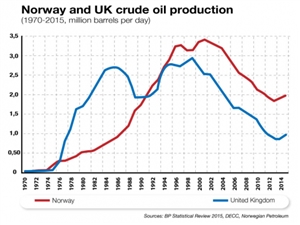Also while better insulated housing will help, I reckon 3/4 of the buildings we will inhabit by 2050, the zero carbon date, are already built. We will have a slightly titivated version of what we have now, unless there is a massive housing demolition campaign
AJJewsbury:
A surprising amount can be done to existing housing if there's a will.
davezawadi:
No Broadgauge, they will just turn off the Gas supply! Simple, and there will be another 100,000 deaths per year in winter. Typically green. I want to see an electric cremator in operation, that would be really good and presumably only work on windy days.

We're about to take you to the IET registration website. Don't worry though, you'll be sent straight back to the community after completing the registration.
Continue to the IET registration site